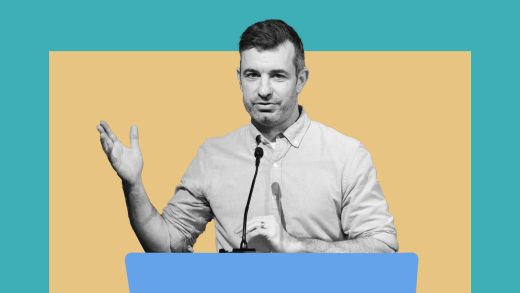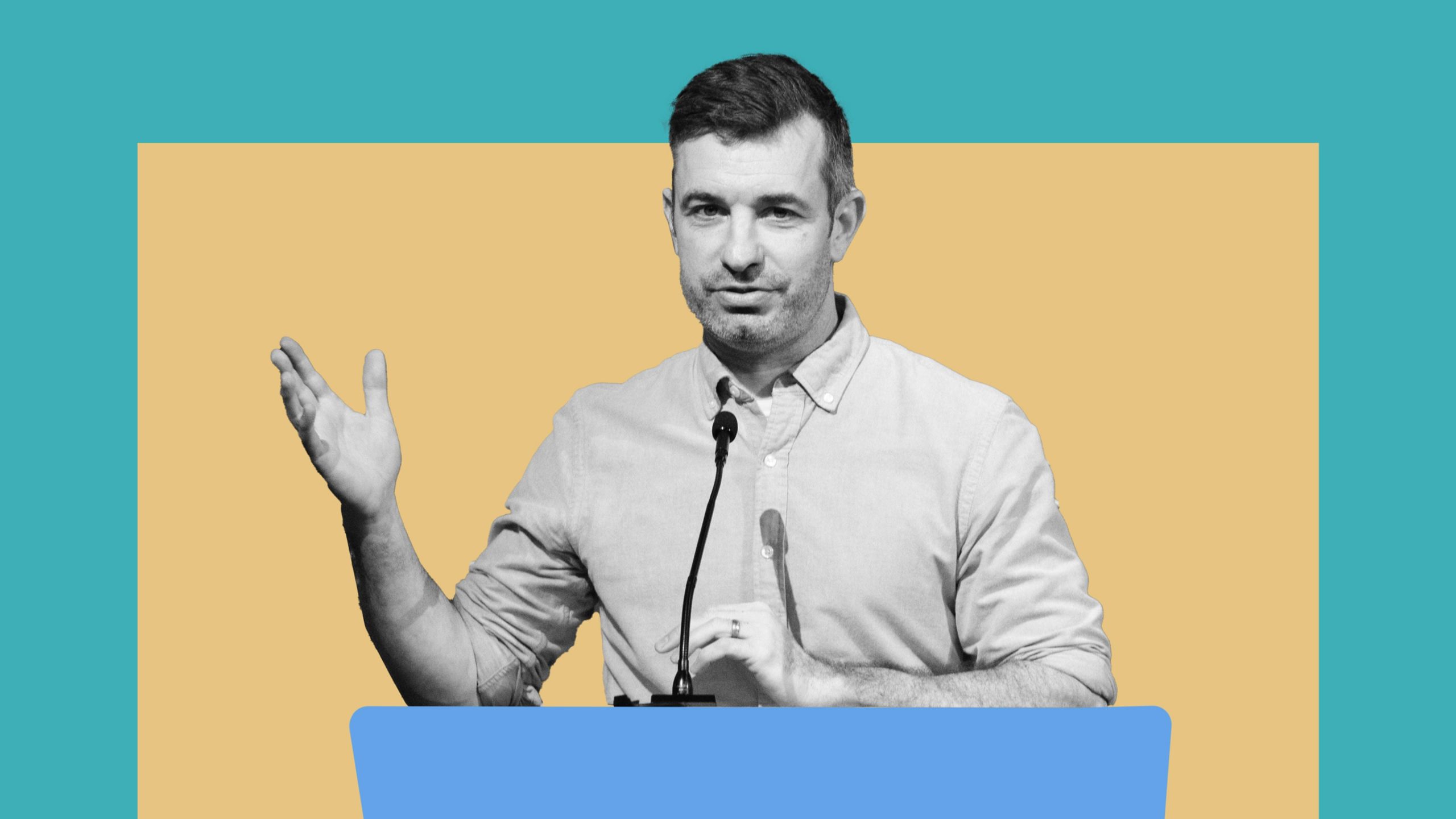CrowdTangle’s former CEO has questions about Meta’s decision to close the research tool in an election year
CrowdTangle’s former CEO has questions about Meta’s decision to close the research tool in an election year
The social media-monitoring tool has been a vital resource for researchers to track disinformation—and its closure by Meta couldn’t come at a worse time, says Brandon Silverman.
Meta announced this month that in August it will be closing CrowdTangle, the platform monitoring tool the company bought in 2016. The tool, which tracks the top performing links posted on Meta’s platforms, has been deprioritized by Meta for years and victim of various internal reorganizing efforts.
Meta says that CrowdTangle will be replaced by two new tools, Meta Content Library and Content Library API, which the company says “provide useful, high-quality data to researchers.” But the move has also been criticized by many online researchers, including Brandon Silverman, cofounder and former CEO of CrowdTangle. Silverman signed an open letter this week put together by Mozilla, for whom he works as an advisor, asking that Meta reconsider its decision, given the number of elections happening worldwide this year. The Mozilla letter raised the ire of Meta spokesman Andy Stone, who engaged in a heated back-and-forth with Silverman on X.
Fast Company spoke to Silverman about his thoughts on the closure of CrowdTangle, and why he thinks Meta’s alternative isn’t a like-for-like replacement. This interview has been condensed and edited for clarity.
What was the founding principle of CrowdTangle?
CrowdTangle was originally founded as a community organizing tool. As with a lot of startups trying to find product-market fit, we ended up stumbling on a much better opportunity in 2012 and 2013: to help publishers understand the flow of information across Facebook and social media more broadly.
We unlocked all these other insights that kind of pulled back the curtain on the flow of information inside social media platforms, which at that time was just becoming more and more important to the publishing world.
In recent years, some would say that CrowdTangle has been neutered by limiting new signups and restricting data. Do you think it still serves that purpose today?
We were acquired by Facebook in late 2016. And the idea was that it was a part of a larger commitment they were making to the entire industry. They actually started a whole news-product team that had never existed. Instead of charging for it, they made it free to the entire news industry, and gave us the green light to just go work with and support as many global news partners across the world as we possibly could.
But one thing happened about two years into our acquisition: We just began to get more and more requests from outside of the news industry, from human rights organizations, civil rights and civil society groups, election protection groups. These platforms were also getting really, really important to the work they were doing. And so it was about two years after we got acquired that actually, instead of just having this founding principle of helping serve the global news industry, we took on this broader mandate of trying to be one of the main ways that Facebook was transparent with the outside world about what’s happening on the platform.
What do you make of Meta’s decision to close it?
It’s not surprising. A lot of us who’ve been following this closely, I think had a sense that they were getting less interested in providing this sort of transparency. When I left, two years ago, one of the big conclusions and takeaways I had from the entire experience is that private companies and tech platforms are only going to go so far when it comes to their transparency efforts.
I actually give Meta a lot of credit. They invested in us and gave us a ton of resources to go and do this work. By the time I left, I believe there was disagreement about how much farther Facebook wanted to go with this work. But also, there was just still so little effort happening across the rest of the industry, that one of my main takeaways was just, we’re only going to make so much progress in this whole space, through voluntary efforts.
We’ve actually made a lot of progress in Europe around the Digital Services Act, and something called Article 40. There’s a provision sometimes called the “CrowdTangle provision” because it took some of the model that we have built and said, “Hey, this should be one of the ways that we require companies to be transparent.” I think Meta would have probably shut down CrowdTangle sooner without that regulation. And I don’t think they would have built a replacement.
Do you think the replacement tools they’re offering do the same thing as CrowdTangle?
I think there are some things about the Meta Content Library that are way better than CrowdTangle. At its core, its infrastructure has the potential to power a much more comprehensive, robust solution. It also has some data points that we did not have. But there’s also some data points that are missing.
And then there’s also a ton of missing functionality. One of the main things I learned after doing 10 years of this work, if you’re trying to provide meaningful transparency, if you are genuinely trying to support civil society groups, election projects, organizations, you can’t just dump what is essentially an infinite amount of data onto their plates and expect them to be able to do anything with it. The functionality and the usability of data is almost as important in some ways as how much data you have. And that’s where the Content Library is lacking.
Which is why you waded in over Andy Stone’s comments.
Yeah. One of the things that I pointed out is, who gets access, and what does that look like? I think the Content Library could absolutely be a replacement. But at the moment, it’s not, and isn’t going to be by August 14. That’s why I think so many election groups are worried, especially during a year in which we know how many important elections are happening and we know misinformation and disinformation is likely to be a problem.
What do you worry could go wrong this year without CrowdTangle?
There’s three things I worry about the most. One is AI-generated content. Parts of Facebook are already starting to be flooded with AI-generated comments and content, and I don’t think we exactly know what impact that might have on elections.
The second one is, a lot of these platforms have reduced their investment in election-integrity work. A lot of people who worked on integrity and trust and safety teams inside these platforms are worried about a lot of work that they saw having an impact not existing anymore.
The third one is, listen, I’m a U.S. citizen. We’re about to have a replay of the last presidential cycle in which one of the candidates was—and a significant portion of the media ecosystem supporting him was—regularly spreading doubts about the results of the election in a way that eventually resulted in violence at our Capitol; and more importantly, undermined the overall credibility of the entire Biden administration because of how many Republicans think he wasn’t “elected.” And I don’t think there’s any reason to think that’s not going to happen again.
We know these things are happening. It seems like we would want more eyes helping mitigate those problems, rather than less.
ABOUT THE AUTHOR
(14)



